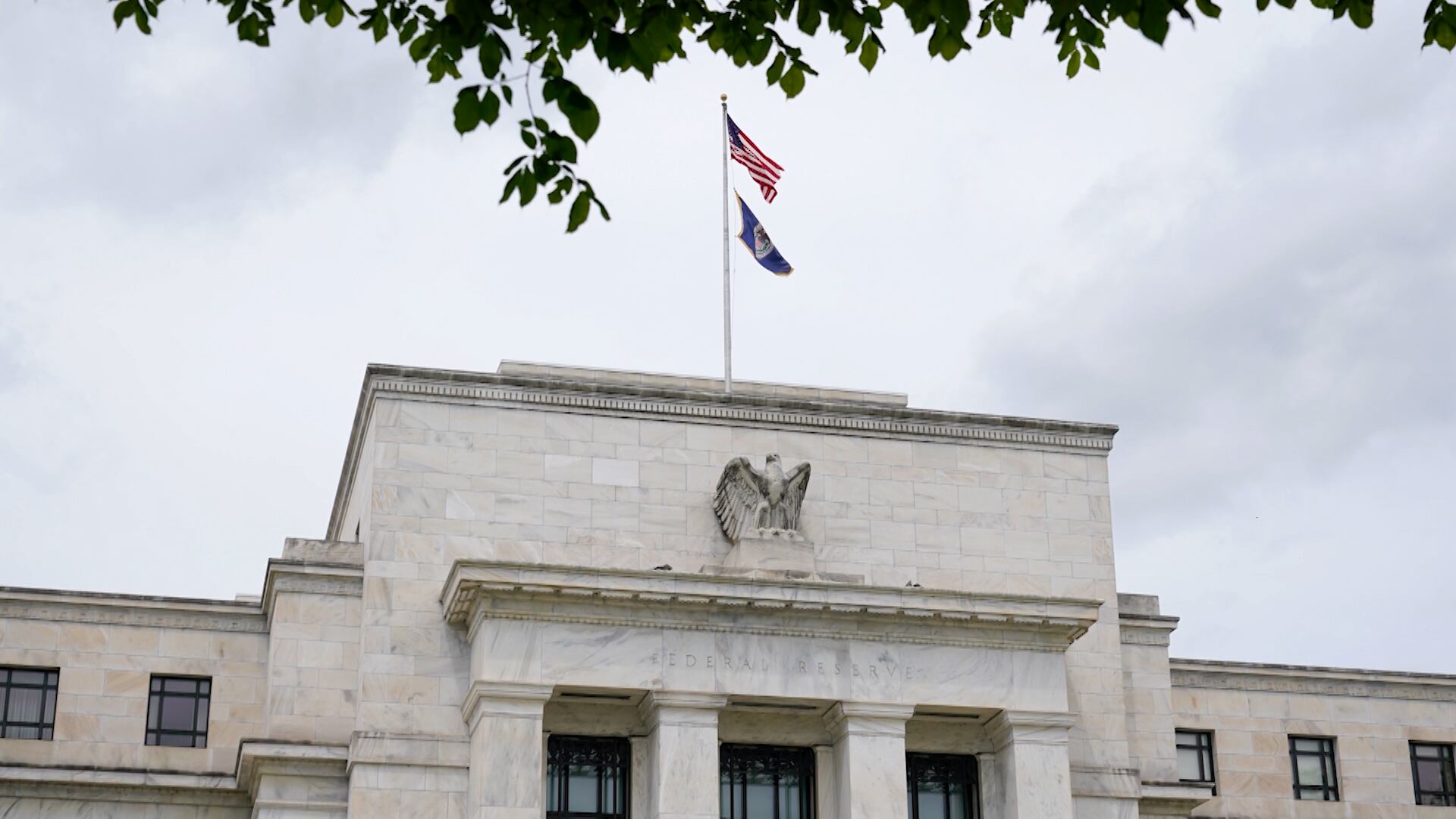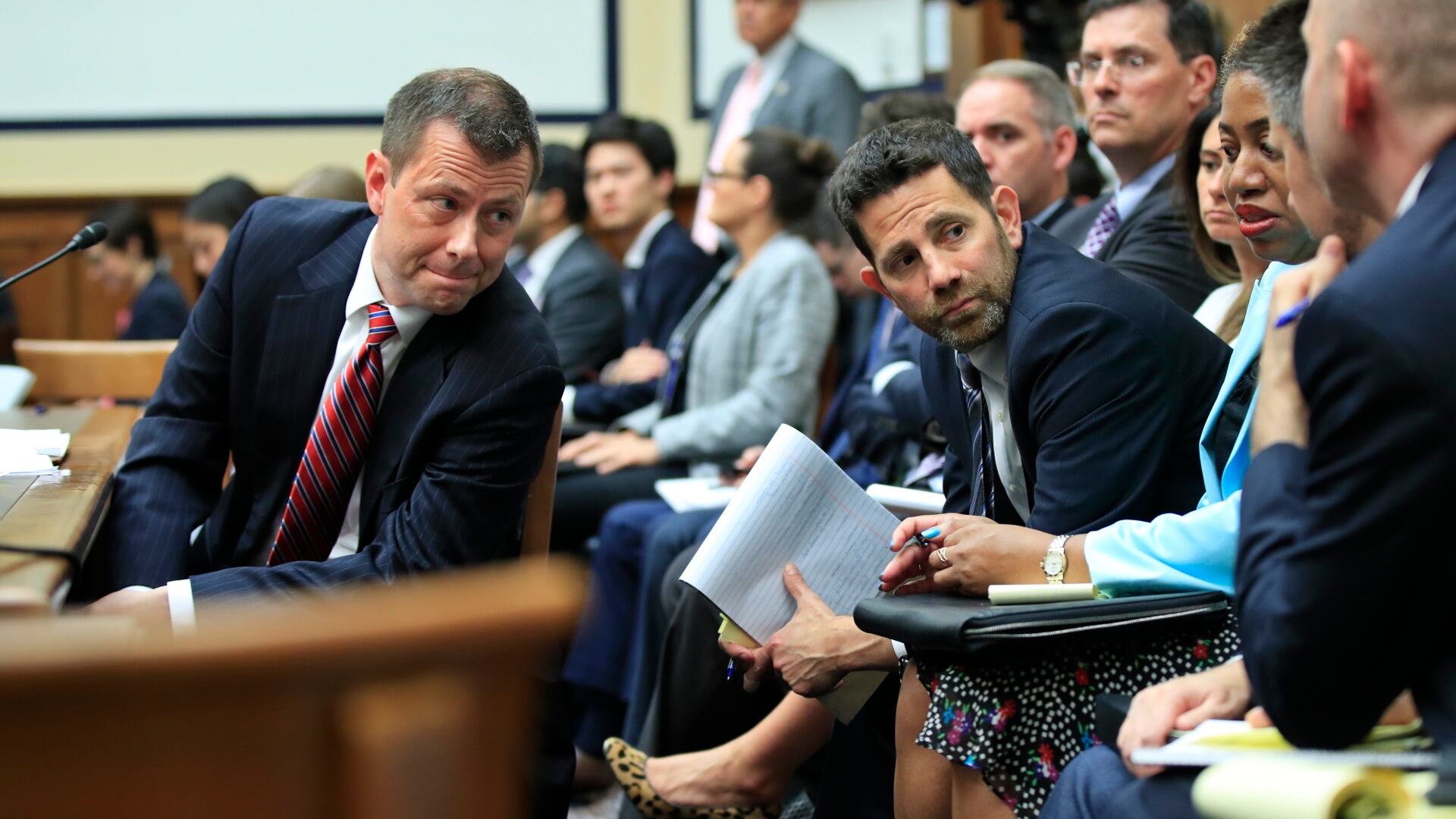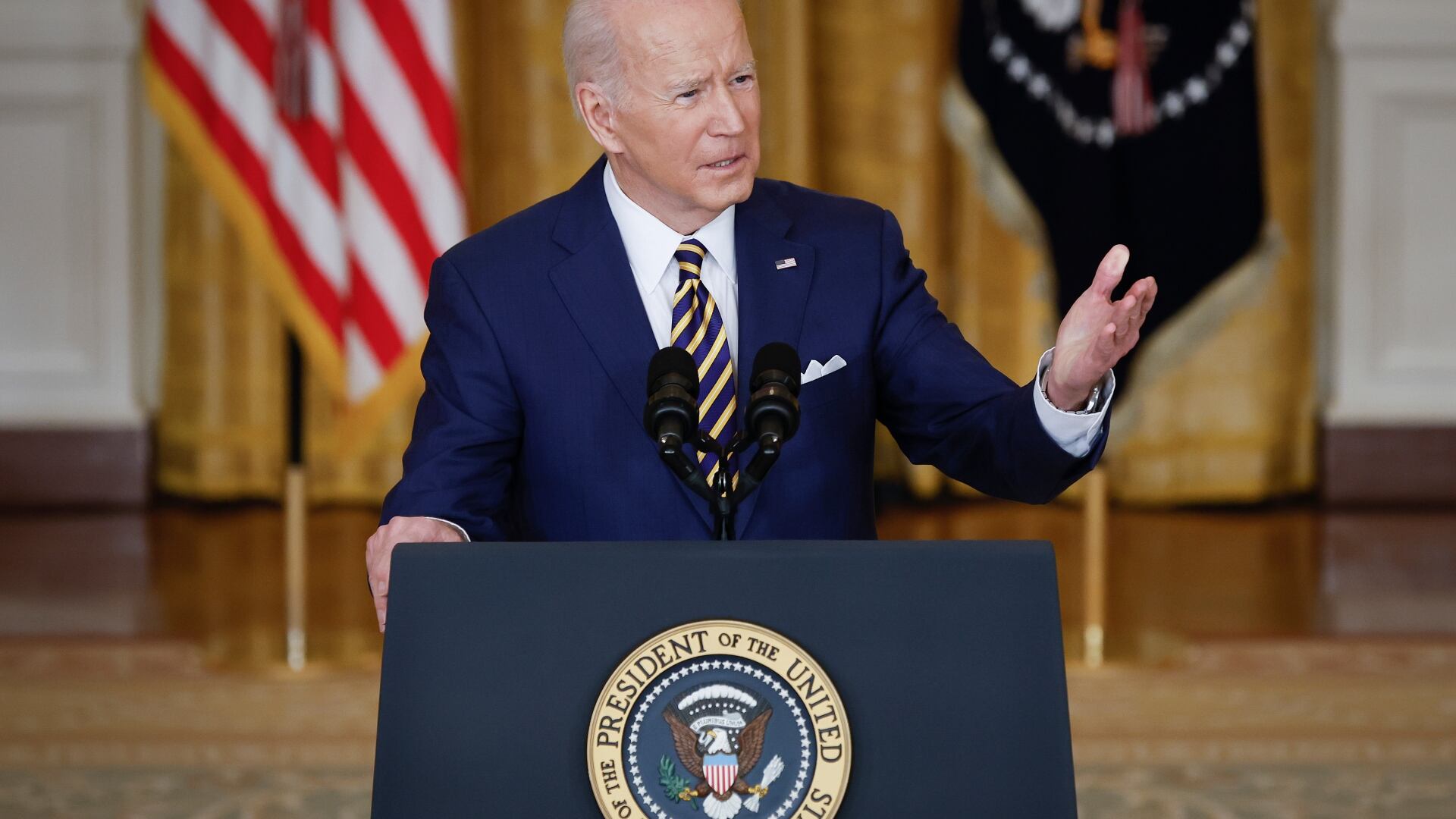So far, California has sued the Trump administration at least 50 times, challenging the federal government on everything from health care access for minorities to the slashing of asbestos reporting requirements.
Yet, the steadfast opposition to Washington is not based solely in the courts, according to California's Secretary of State Alex Padilla.
The state's so-called "resistance" strategy, Padilla said, is rooted in a three-pronged approach: legislation, legal challenges, and civil society organization.
"California has stood up to a lot of what this administration has represented," Padilla told Cheddar on Thursday, adding that the state is especially willing to fight what is antithetical to "Californian values."
Just last week, the Golden State targeted President Trump's taxes, passing a law that would require presidential candidates to release their tax returns in order to be included on the state's primary election ballot.
"We've seen — among so many precedents broken by this administration — a failure to disclose potential conflicts of interests," Padilla said.
During the 2016 election, Trump refused to release his tax returns — upending a longstanding norm. The White House has since resisted several attempts from congressional Democrats to obtain the president's taxes and examine financial holdings for possible fraud and foreign entanglements.
"If the federal government can't force the issue but California can, then we're going to try to do that," added Padilla.
The Trump administration sued the state in response, arguing that the law violates the First Amendment and restricts voting rights. Seemingly anticipating the challenge, California Gov. Gavin Newsom, a Democrat, defended the law's constitutionality last week, saying that the state "is well within its constitutional right to include" the requirement.
On Wednesday, California Republican Chairwoman Jessica Patterson slammed the law, arguing that it "attacks the heart" of the constitution.
"It is a tactic by the left to make sure that the Republican turnout, which is usually dictated by the top of the ticket, is lower than normal," Patterson added in an interview with Cheddar.
Since the 2016 election, which U.S. intelligence agencies have repeatedly said was plagued with misinformation and foreign interference, California has also taken control of its own election security — an issue that has largely stalled at the federal level in the Republican-controlled Senate.
The state allocated over $130 million in the budget last year to replace aging voting machines and conducted a state-wide assessment of security apparatuses and firewall protections. California also implemented additional testing standards for new voting systems and a requirement that every ballot must have a paper trail.
"We are doing anything and everything it takes to ensure the integrity and security of the election," Padilla said on Thursday. "Securing the election is one thing, making sure that we don't fall prey to misinformation or disinformation campaigns is an equal challenge."
In 2016, California voted overwhelmingly for Hillary Clinton, who won the state by more than 4 million votes. The state is also home to several prominent Trump critics, including House Speaker Nancy Pelosi, Gov. Newsom, and 2020 Democratic candidates Sen. Kamala Harris and Tom Steyer, the billionaire businessman and founder of Need to Impeach.
Yet the animus is seemingly mutual, with Trump repeatedly attacking California and its major cities since taking office. It was more than 400 days into his presidential term before he stepped foot in California — the longest delay of any modern president to visit the most populous state in the nation.












